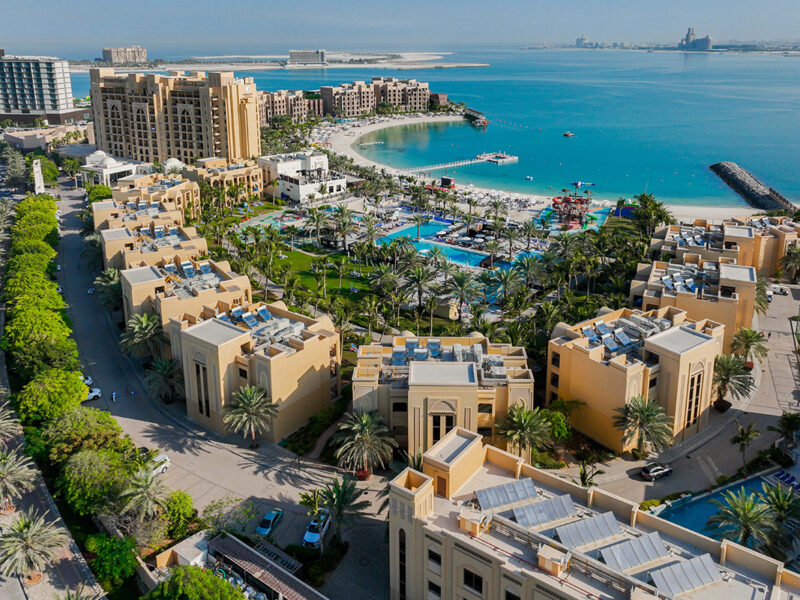Asset growth at UAE commercial banks will accelerate in 2018, underpinned by stronger economic activity, according to a new forecast by BMI Research.
According to BMI, the sector will remain broadly stable throughout the year, with continued growth in deposits, following a significant slowdown in 2017 due to sluggish economic activity and accounting adjustments made to personal loans.
BMI notes that as economic growth improves and the effects of the one-off adjustment wear off, assets and loans will expand 5.6 percent and 5.9 percent respectively over the course of 2018, significant more from the 4 percent and 2 percent growth forecast in 2017.
Additionally, BMI notes that improved business and consumer confidence, coupled with an easing of oil production cuts, will lead to an uptick in economic growth. According to the forecast, the construction sector will be a key driver of growth, given the strong investment pipeline related to Dubai’s upcoming Expo 2020.
Overall, BMI forecasts a real GDP growth of 2.8 percent in 2018, up from a projected 1.8 percent in 2017.
This improved economy activity, BMI noted, will be a main driver for credit demand, with loan growth expected to rise to 5 percent in 2018 from 2 percent in 2017. Year-on-year, the data shows construction sector loan growth at 17.7 percent in September 2017, which will drive demand for loans from the government which supports these construction projects through elevated capital expenditure.
While BMI expects continued growth in the retail and commerce sectors, it notes that personal loans will continue to show a negative trend through the first half of 2018, reflecting the accounting adjustments made in August 2017.
The BMI forecast predicts that UAE banks to benefit from monetary tightening over the coming years, with the UAE’s Central Bank to continue following the US Federal Reserve’s hiking cycle, especially as the country’s economy appears to withstand higher rates, which will benefit UAE banks due to the fact that lending rates are indexed on central banks’ policy rate.
Lastly, BMI notes that banking consolidation – such as the merger between First Gulf Bank and the National Bank of Abu Dhabi – will ensure that the largest banking groups will remain resilient and profitable, but may compel smaller banks to merge in order to reduce operating costs and remain competitive.









